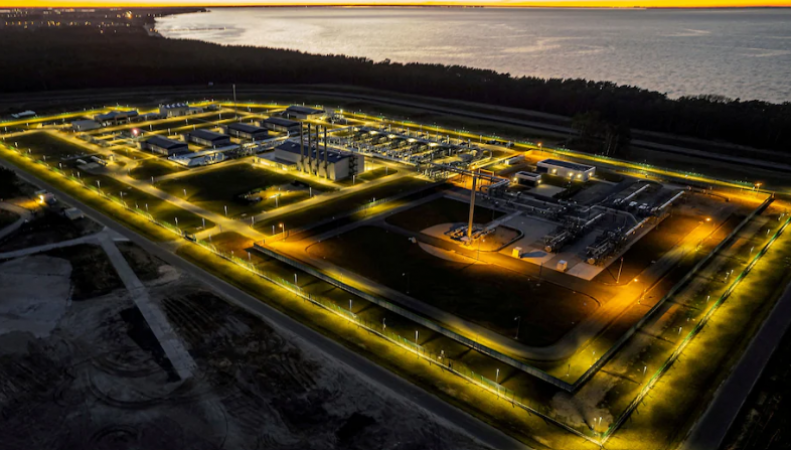
PARIS: Member states of the European Union came to an agreement on a plan to cut gas consumption on Tuesday amid impending shortages, though the measures are less comprehensive than originally intended due to opposition from southern European nations.
The 27 member states stated that if gas storage levels fall dangerously low, a reduction in gas use of up to 15% may become necessary; however, they "specified some exemptions and possibilities" from the target, according to a news release.
The exemptions, which could be used in a variety of situations, were not included in the earlier plans.
The countries that were most opposed to the stricter regulations that had been initially proposed were Spain and Portugal, who were supported by France and other nations. They claim that restrictions without exceptions would have been an absurd sacrifice given their reduced reliance on Russian gas and ample gas supplies. They also think that countries like Germany, which have long relied on Russian gas, should bear the bulk of the burden even though the economic effects of the coronavirus pandemic are still being felt.
The announcement on Tuesday came the day after Russian energy giant Gazprom announced it would cut in half the amount of natural gas flowing through its main pipeline to Germany, placing Berlin in an especially precarious situation.
In the wake of the financial and sovereign debt crises, the country's political establishment pushed for strict austerity measures in nations like Spain, Greece, and Portugal and criticised the southern nations for allegedly living off the hard-earned income of northern and central Europeans. This attitude persisted for years.
Leading German politicians and commentators repeatedly advised Europeans to stop taking siestas and retiring early.
As a result of being criticised for ignoring warnings regarding its long-standing reliance on Russian gas, Germany now finds itself in a very different situation and is in need of assistance from countries that it has long viewed as being a financial burden.
Russian fossil fuels will be phased out by E.U. nations by 2027. However, the gas flow could stop much sooner.
Although we are unsure of how cold the upcoming winter will be, we do know that Putin will continue to engage in his nefarious schemes. Minister of Industry and Trade for the Czech Republic, Jozef Sikela, stated on Tuesday. European officials claim that Russia is using repairs as an excuse to put pressure on Europe, driving up prices and giving President Vladimir Putin leverage over Western nations supporting Ukraine in the conflict.
Germany has received special criticism for the EU's reliance on Russian gas because the nation has occasionally had more than 50% of its supply come from Russia.
According to Spain's minister for ecological transition, Teresa Ribera Rodrguez, "unlike other countries, we Spaniards have not lived beyond our means from an energy point of view," she said last week, ostensibly referring to Germany.
The claim that Germany and other countries experiencing shortages would benefit from gas restrictions in Spain or Portugal has been questioned by researchers. Because of the few connections between Spain and France and France and the north and east, Ben McWilliams and Georg Zachmann, two research analysts with the economic policy think tank Bruegel, wrote in an analysis that Portugal, Spain, and France are effectively cut off from the larger European market.
EUs seek deal on weakened plan to cut winter gas use
A US recession will also come knocking at India’s tech hub's door, as Global Tech spend
EU launches infringement procedures against UK to be affected